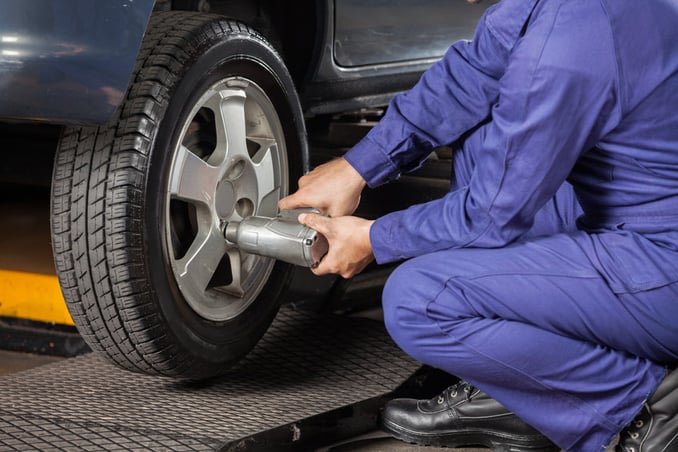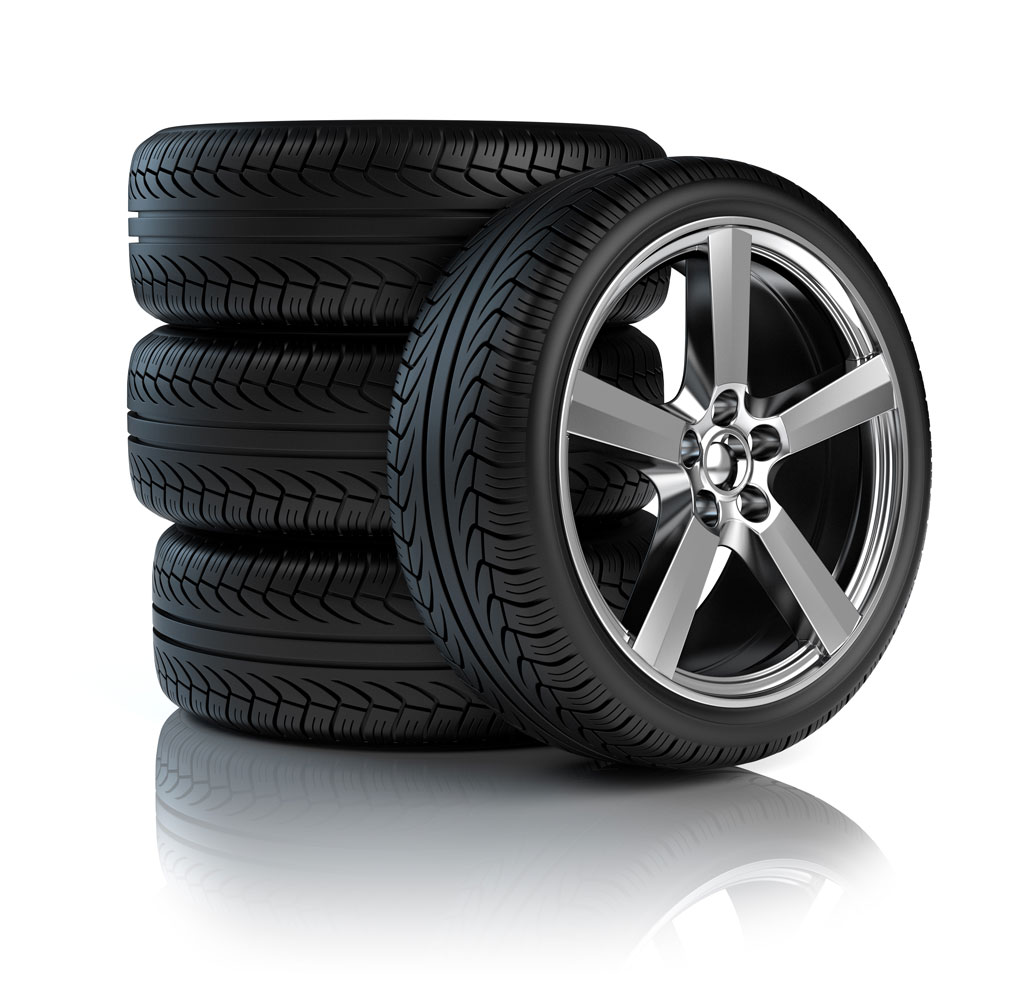Tire Solution: The Influence of Climate Condition
When it pertains to ensuring ideal performance and safety on the road, understanding the effect of climate condition on tire solution is critical. From scorching warmth to icy roads, each weather condition element can substantially affect tire capability and total driving experience. By delving right into the results of differing weather on tires, drivers can get important understandings that might boost their vehicle's performance and longevity. In this discussion, we will certainly check out the complex relationship between weather and tire service, clarifying the significance of weather-specific tire upkeep methods and considerations.
Warm and Tire Efficiency
When exposed to heats, tires experience modifications in performance that can dramatically influence lorry safety and security and handling. The warmth created from extended driving or warm weather problems causes the tire rubber to soften, resulting in minimized step life and raised wear. As the rubber ends up being softer, the tire's grip on the road lessens, affecting stopping ranges and overall grip. In extreme situations, extreme heat can even trigger tire blowouts, presenting a serious security danger to the automobile and its residents.

Cold Weather Condition Impacts
Cold weather condition conditions can have a substantial impact on tire efficiency and safety. In cool weather, tires might also lose air stress much more swiftly, which can impact managing and gas effectiveness.
To minimize the impacts of winter on tires, it is vital to frequently examine tire pressure and inflate them to the maker's advised levels. Utilizing winter or all-season tires developed for winter conditions can additionally improve traction and hold on icy or snowy roadways. Proper tire maintenance, including normal inspections for wear and damage, comes to be a lot more essential throughout cooler months to guarantee optimum efficiency and safety.
Rainy Conditions Effect
During wet problems, tire efficiency and safety can be substantially influenced by the wet roadway surfaces and lowered visibility. The tread pattern of tires plays a vital role in keeping grip on damp roadways. Tires with worn-out footsteps are more vulnerable to hydroplaning, where a layer of water accumulates between the tire and the roadway surface area, resulting in loss of traction. To fight this, chauffeurs ought to frequently check their tires for ample walk depth and think about purchasing tires specifically made for damp conditions.
In addition, stormy weather condition can also decrease exposure, making it challenging for drivers to see the roadway ahead plainly (GMC Tire Service). In such problems, it is vital to adjust driving speeds appropriately and preserve a secure complying with range to enable unexpected quits. Effectively inflated tires can likewise aid in maintaining control on wet roads by providing far better handling and grip
Snow and Tire Security
Snow-covered roads posture unique obstacles for drivers, emphasizing the value of correct tire choice and maintenance. When driving in snowy conditions, having the right tires can make a considerable difference in security and performance. Winter tires are designed with special rubber substances and walk patterns to offer far better grip on snow and ice compared to all-season tires. The deeper footsteps and her latest blog sipes of winter months tires help grasp the roadway better, reducing the threat of moving and sliding.

It is important to follow producer directions when installing and using tire chains to protect against damages to the tires and automobile. By choosing the best tires, maintaining appropriate inflation, and thinking about helpful hints extra grip help like tire chains, motorists can improve their safety and security when navigating snow-covered roadways.
Weather-Related Tire Upkeep
When faced with various climate conditions, correct tire maintenance ends up being a crucial element of vehicle security and efficiency. Weather-related tire maintenance includes a variety of practices targeted at making certain ideal tire function and durability in different climate circumstances. One crucial aspect of weather-related tire upkeep is tire stress policy. Rising and fall temperatures can trigger tire stress to differ, influencing traction and fuel effectiveness. Consistently changing and examining tire stress according to producer suggestions is essential for secure driving in changing climate condition. Furthermore, tire tread depth plays a substantial role in taking care of different weather components. Tires with sufficient step deepness provide better hold on damp or icy roadways, reducing the threat of skidding or hydroplaning. Checking tire step frequently and changing tires when step wear gets to a particular deepness is crucial for maintaining grip and security in unfavorable weather. By focusing on weather-related tire upkeep, vehicle drivers can enhance safety and security, boost lorry efficiency, and extend the life expectancy of their tires.
Verdict
In conclusion, climate problems have a significant effect on tire performance and security. From warmth influencing tire stress and wear to cool climate lowering grip, it is vital to take into consideration the climate when maintaining and utilizing tires.
In this conversation, we will certainly explore the elaborate partnership great post to read in between weather condition problems and tire service, shedding light on the relevance of weather-specific tire maintenance techniques and considerations.
